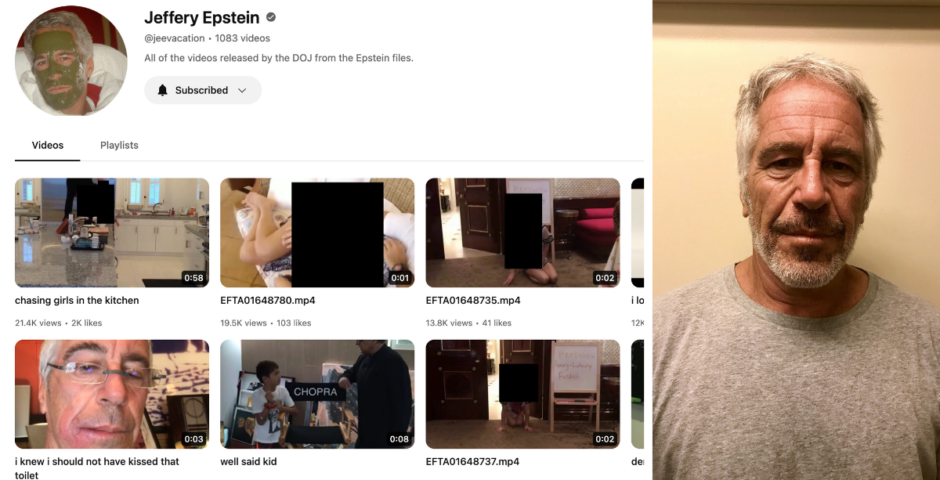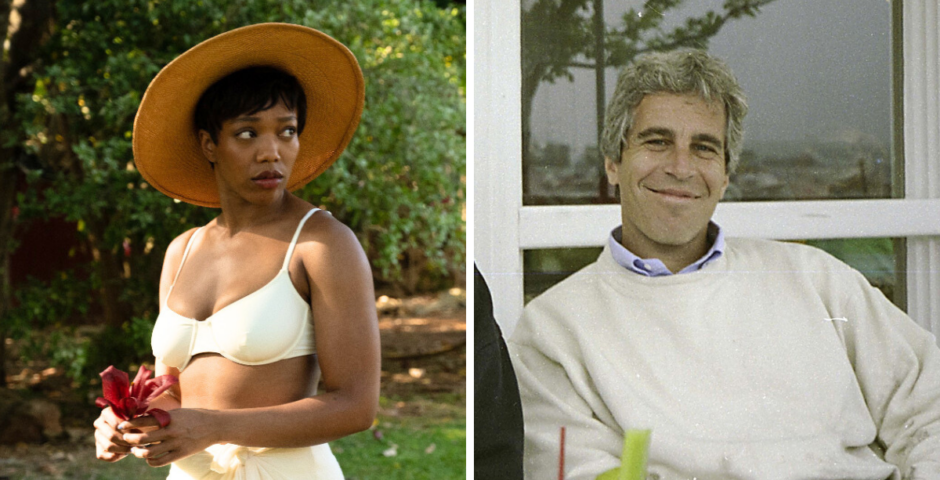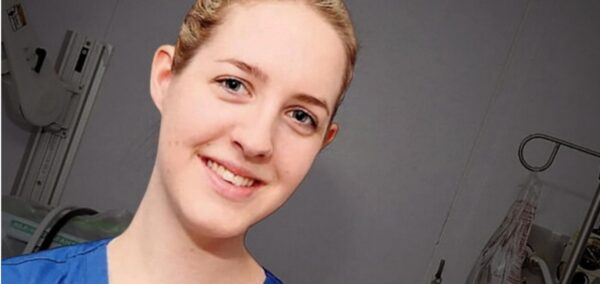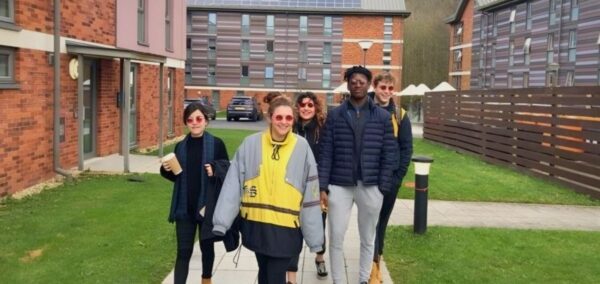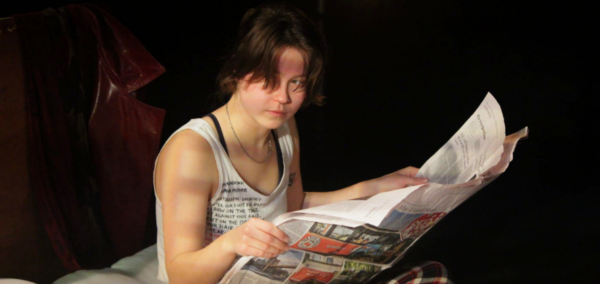
Welsh universities shared information with police on pro-Palestine protests
‘We are now seeing evidence of a worsening crackdown on free speech’
It’s been revealed that a number of Welsh universities have shared information on recent pro-Palestine protests with the police.
Sky News and Liberty Investigates have released information from an investigation they conducted together on how UK student protests about Gaza were handled by the police and universities across the country.
150 universities across the UK were issued a Freedom of Information (FOI) request, regarding the sharing of information between the police and universities about protests, talks, and prayer vigils on campus, this included many Welsh universities.
This also included the sharing of images and videos of protesters and fliers that advertised events.
This comes two months after The Cardiff Tab reported that Cardiff University was being accused of surveilling students and staff who took part in pro-Palestine protests and were reportedly handing information over to the police.
According to WalesOnline, who Sky News has shared details of the investigation with, Cardiff University has “one of the highest numbers in the UK” for disciplinary investigations in connection with activism.
The FOI request disclosed that seven students and three staff members at Cardiff had been subjected to an investigation, since then two more students have been added to the total.
Cardiff University sent the police an Instagram Post which they believed showed individuals breaching their bail conditions, saying that the information was “hopefully useful” and asking whether the police intended to take “further action” if the post showed students in breach of bail conditions at an off-campus protest last June.

Staff also sought advice from the police on the use of the phrase “from the river to the sea, Palestine will be free” and the word “intifada”.
Email disclosures show that on 5th June 2024, Cardiff University asked the police to confirm the identities of any students among arrestees so that they could “support [any] bail conditions”, as well as a foreign member of staff so that they could “consider any potential implications for [visa] sponsorship”.
Officers provided the bail conditions and three weeks later, university staff emailed the police with suspicions that students were breaching their bail conditions, something which could lead to them being rearrested.
A Cardiff University spokesperson said: “We support the right to peaceful and lawful protest, but actions that breach behaviour expectations, our dignity at work and study policy and result in disruption to the wider University community will not be tolerated. As these cases are subject to confidential and on-going investigations it would be inappropriate to offer further comment.”
It was also discovered that police and security were also using Instagram to keep an eye on individual protestors, such as Nizar “Neezo” Dahan, a prominent non-student campaigner from Swansea, who was arrested at an off-campus demonstration in Cardiff.
18 people, including Neezo, have since been charged in connection with the protests for a range of alleged offences such as public order and obstructing the highway.
Another Welsh university who exchanged information with police is the University of South Wales.
According to the investigation, it received an email from police containing a photo of two canvassers, asking: “Are you familiar with them or could assist with information/intelligence that could lead us to identifying them?”
Although, WalesOnline reported that it is not clear how the university replied based on heavily redacted email exchanges.

via Instagram
The university did, however, disclose two email exchanges with the police, while Cardiff Uni released 144 pages of correspondence, offering insight into the “cosy” relationship between police and campus security at several universities.
On 28th January, South Wales Police emailed four Welsh universities, seeking to “improve channels of intelligence-sharing”, saying that it had “set up a channel of dialogue […] at the University of South Wales, which is proving successful in sharing information and tackling threat, risk, and harm on the university campus”.
These four universities were Cardiff University, Cardiff Metropolitan, Swansea University, and Trinity St David, but once again it is unclear how the universities responded.
Despite being contacted, Cardiff Metropolitan University has said that it is not a member of the AUCSO Special Interest Group on Protests. Neither has the University had any encampments on its campuses. As a result, the University said that it did not attend any meetings of this group.
The University of Wales Trinity Saint David stated “there have been no pro-Palestinian protests on [its] campuses” and that it has “not shared any information with other universities or the police”.
Aberystwyth, Cardiff Met, Trinity St David, and Wrexham have all said they held no emails with police. While, Swansea and Bangor were unable to provide some or all of the requested information citing law enforcement concerns.
Although, Bangor University has confirmed to holding two meetings with officers to discuss pro-Palestine protests on its campus but gave no details about what was discussed.
The UCU said: “Universities should stand up for free speech and academic freedom yet instead we are now seeing evidence of a worsening crackdown on free speech as universities discipline staff and students for peacefully protesting against genocide.
“Rather than trying to clamp down on legitimate protest, Universities UK, the AUCSO, and university vice-chancellors should be working with staff and students and ensuring institutions divest from weapons manufacturers and others profiteering off the misery Israel is inflicting upon Gaza.”
A statement from South Wales Police said: “South Wales Police supports the right for people to make their voices heard through protest providing it is done lawfully. Decisions about how to police protests require consideration of complex and often competing rights and issues.
“We strive to strike a balance in our policing approach and take measures to ensure that the rights of all parties are respected and upheld.”
They also added, however, that they “will act against anyone who breaks the law whether this is at the time of the offence or retrospectively” but are “open to dialogue and collaboration with advocacy groups to address any concerns about the policing of protest activity and ensure that policing practices reflect the values of fairness, equality, and justice.”
Swansea University, Wrexham University, Aberystwyth University and the University of South Wales were also approached for comment but have not yet responded.
Featured image via Instagram


